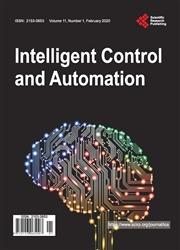Improving Local Priority Hysteresis Switching Logic Convergence
引用次数: 0
Abstract
Local priority hysteresis switching logic is associated with adaptive control convergence when using an infinite set of candidate parameters via constraints added to the switching scheme. In this paper, we reevaluate these constraints on the basis of the persistent excitation assumption. This makes room for the adaptive control to converge to its optimum, resulting in improved performance. Unconstrained local priority hysteresis switching logic is investigated, and global convergence conditions are proposed. This paper expands on the preliminary version of a conference paper [1] by adding numerical simulation examples to validate both the application and the advantage of the theory.改进本地优先级迟滞交换逻辑收敛
局部优先级迟滞切换逻辑在使用无限候选参数集时,通过在切换方案中添加约束与自适应控制收敛相关联。在本文中,我们在持续激励假设的基础上重新评估了这些约束。这使得自适应控制有空间收敛到最优,从而提高了性能。研究了无约束局部优先滞后切换逻辑,并给出了全局收敛条件。本文对会议论文[1]的初稿进行了扩展,并通过数值模拟实例验证了该理论的应用和优势。
本文章由计算机程序翻译,如有差异,请以英文原文为准。
求助全文
约1分钟内获得全文
求助全文

 求助内容:
求助内容: 应助结果提醒方式:
应助结果提醒方式:


